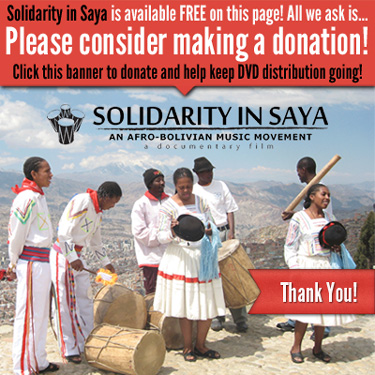Decolonizing our Language
I’ve been wanting to write this post for a few years and am finally sitting down to do it.
I began this documentary journey about 10 years ago, when I knew a lot less than I knew now. In the past 10 years, I have come to understand deeper levels of how colonization played out globally and just how much our current culture is a direct result and continuation of colonizing forces and framework.
I say “our” current culture, as in the global human culture, since colonization was a global force. So although it affected the whole world, colonization played out in different ways in different regions and cultures of the world, depending on the particular environment and circumstances. But the overall driving forces of imperialism, land theft, genocide of indigenous cultures, the racist hierarchy based on white supremacy and anti-Blackness, and the exploitation of labor were present across the globe and continue on today.
One of the aspects of how colonial culture continues to play out today is in our language.
A few years ago, when I first saw the phrase “enslaved Africans” as an alternative to “African slaves,” I immediate felt how this was such an important shift in our language. I felt my heart sink in realizing that I had used the phrase “African slaves” so many times in the documentary narration and accompanying booklet. This was another example of how language can be a powerful tool in the colonizing process. I regretted that I had used this dehumanizing language of the colonizers, reducing humans to this label of property that was forced on them by their enslavers.
In Spanish, a friend in the Afro-Bolivian community told me about using the phrase “en calidad de esclavitud” (in the condition of slavery) instead of just “esclavos” (slaves). When I heard this as the preferred phrase that some people in this community use to refer to the conditions of their ancestors, it was again a moment of disappointment in wishing I had learned of these alternative language choices before finishing post-production and printing the DVDs in 2013.
I have come to accept that I produced this documentary with what I knew at the time and did the best that I could to be accountable to the people in the film, and made peace with understanding that language norms change over time.
Although I can’t go back and replace all the times in the film and essay that I used the words slaves/esclavos since making a new edition of the film is not feasible, I hope that at least this film can be used as an opportunity to discuss how the language of the colonizers was part of the system used to oppress and dehumanize African people, and how language can be a powerful tool to uphold or to help challenge and dismantle oppressive systems.







